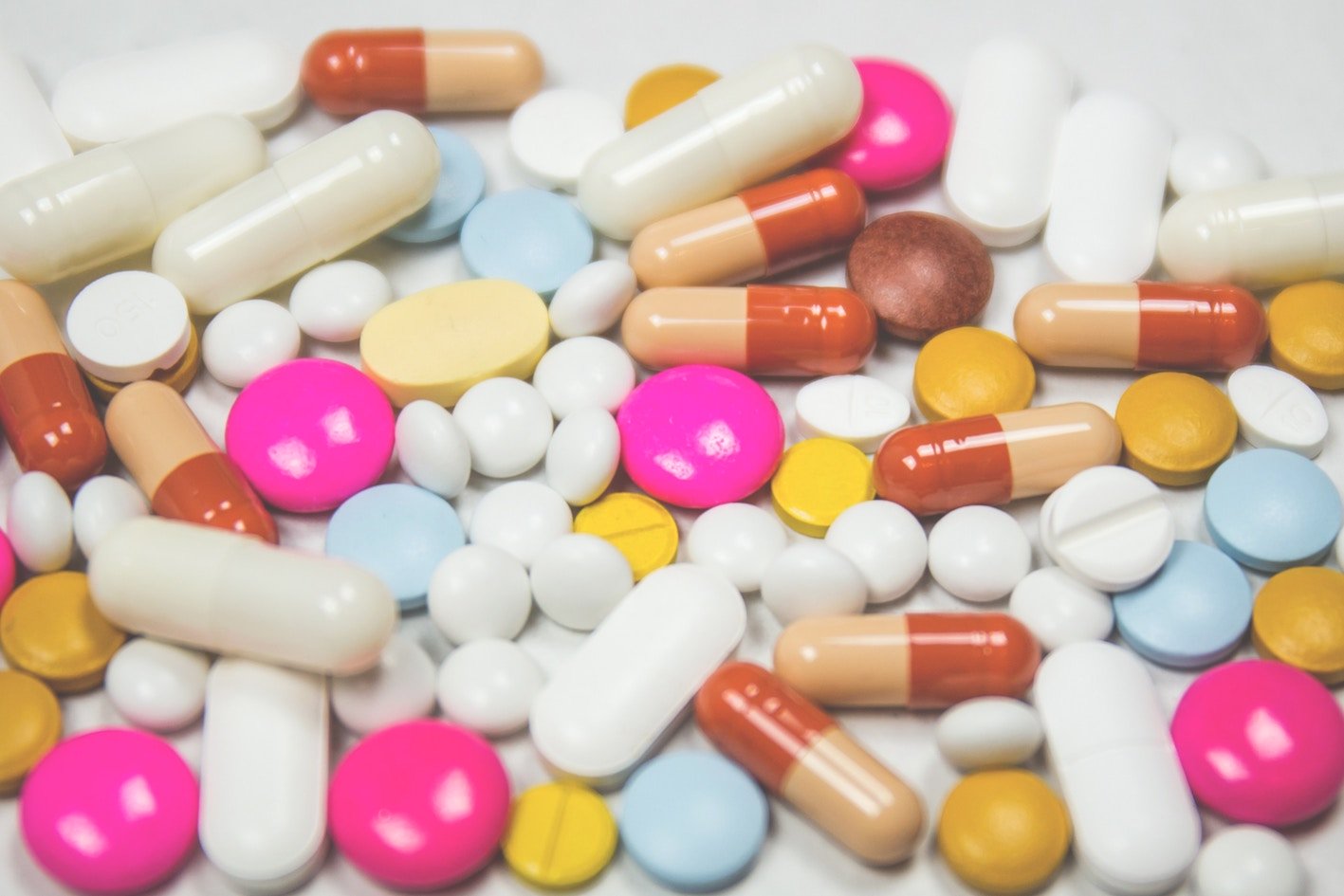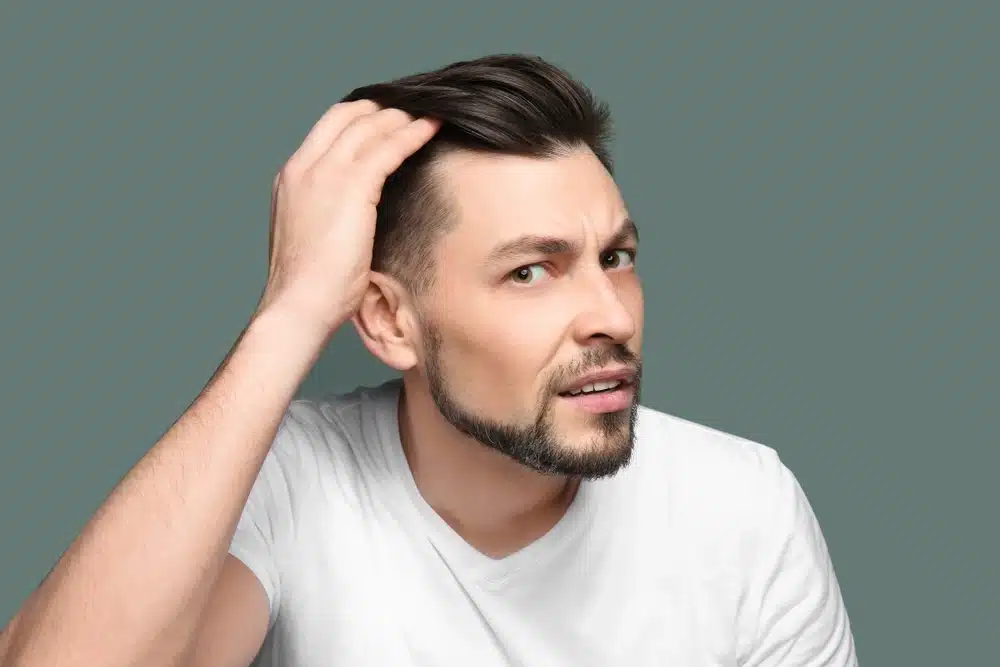If you’re suffering with hair loss you have probably researched different hair loss medications and possibly even hair restoration. When it comes to hair loss medication, there are two popular medications that can be taken to aid hair loss.
Finasteride and Minoxidil are often given to those suffering with hair loss. Sometimes it can be quite difficult to find the right treatment for you. Today we’re going to tell you everything you need to know about the medication so you can decide what one is best for you.
What is Finasteride?
Finasteride is the active ingredient found in Propecia, a medication taken to reverse the effects of male pattern baldness. Finasteride, in pill form needs to be taken once a day and reports have highlighted that hair growth happens in around 66% of individuals after two years of treatment.
How does Finasteride work?
Male pattern baldness, also known as androgenic alopecia is a common cause of hair loss. The hormone DHT (dihydrotesteosterone) is what causes male pattern baldness. The hormone causes hair follicles to shrink and in turn stop the growth phase of the hair cycle.
The hairs will then shed and you’ll begin to lose hair faster than it can grow causing thinning hair and in most cases a receding hairline. Finasteride works by blocking the enzyme (5-alpha reducatase) that causes the conversion of testosterone to DHT.
Finasteride causes a drop in both scalp and blood levels of DHT and approximately 83% of users have maintained their hair.
Finasteride side effects
When you take the recommended dose of Finasteride, the possible side effects are usually quite mild and generally do not cause men to feel the need to stop taking the medication.
Some possible side effects that have been identified with the drug include breast tenderness and enlargement, rashes, itching, decreased libido, erectile dysfunction, and swelling of the lips and face. If you do experience any of these side effects, they are reversed once treatment is discontinued.
What is Minoxidil?
Minoxidil is the active ingredient found in Rogaine, a topical solution used as a hair loss treatment, to treat baldness. Minoxidil is a vasodilator and originally was exclusively used as an oral drug to treat high blood pressure. After using it to treat blood pressure it was found to have an interesting side effect on hair growth and reversing baldness.
A topical solution that contained 2% minoxidil was then created and used purely as a hair loss treatment.
How does Minoxidil work?
It is unknown how Minoxidil actually stimulates hair growth, experts believe that minoxidil dilates the blood vessels around the hair follicles, increasing the nutrient supply and encouraging hair growth.
Around half of men who use Minoxidil notice that male pattern baldness slows down noticeably, however, around 33% see no change at all. It is thought that Minoxidil is most effective when treating earlier cases of hair loss and becomes less effective when the hair loss is already more extensive.
The most important thing to remember when using Minoxidil is to use it as early as possible. The best results are those who are thinning but not balding and if the medication is stopped, after prolonged use, hair loss can increase.
Minoxidil side effects
Minoxidil does not have many side effects and major complications are very rare. The most common problems are irritation and dryness of the skin. Large amounts of minoxidil can cause headaches, irregular or fast heart beat, blurred vision and chest pain. Any patients who suffer from heart disease of hypertension should check with their doctor before beginning treatment.
What hair loss medication is better?
It is not as simple as deciding one medication is better than the other. It is important to consult a medical professional or hair loss specialist to discuss what medication would be most suited to you and what will produce the best results.
Hair loss medication is a very common fix for thinning hair but it is important to consider all of your options. There are also many different types of hair restoration treatments that can help for thinning hair.
If you would like more information on hair loss medication or hair restoration please contact us today for a no obligation consultation.


